During his adult life, Uli Chi has lived and worked in the intersection between business, the academy and the church. He has had the privilege of serving as past Board Chair of Regent College in Vancouver, BC, as current Vice Chair of the Board of the Max De Pree Leadership Center at Fuller Seminary, and as current Chair of the Executive Committee of the Center for Integrity in Business at Seattle Pacific University. He has also been involved in all aspects of local church leadership, including as a member of the adult ministries team’s teaching faculty at John Knox Presbyterian Church in Seattle.
Click here to view Uli's profile.
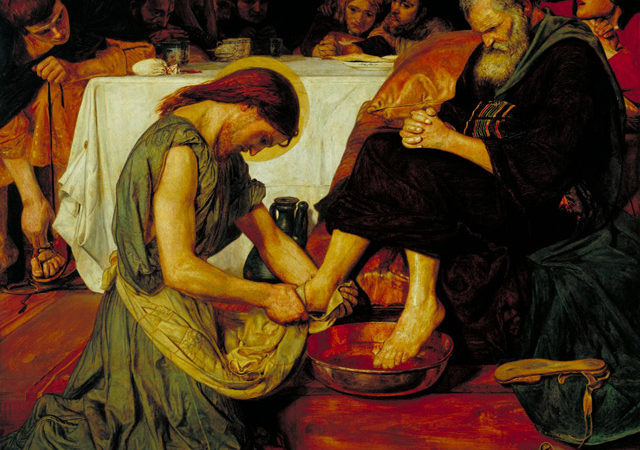
Leadership Vows: Love
Who we become as leaders is every bit as important as what we do. In the language of one tradition, we are called to promise that we will serve the people we lead with energy, intelligence, imagination, and love. It is the last of these four promises that concerns us today. For those familiar with the Christian tradition, ending our vows with the promise to serve with love should come as no surprise. After all, love is the greatest of all Christian virtues. Love is the fulfillment of God’s vocation for us as human beings.
Read Post
Leadership Vows: Imagination
Perhaps nothing is more human than our ability to imagine. That should not surprise us. After all, humanity is created in the image of God. We are made in the likeness of the One who loves to create things out of nothing. Our core identity as God’s image bearers resonates like a plucked string when we create something new and original, something for the glory of God that serves the common good. And, there are many ways for us to express our imagination.
Read Post
Leadership Vows: Intelligence
We need wisdom and discernment to know how to live well. Because how we are to live isn’t always obvious, because God in his glory hides much from view, and because “to search out a matter is the glory of kings,” we need to learn to “serve the people with intelligence.” The good news is that we are not left alone. God has provided us the Scriptures and the Spirit to guide our work as lead servants.
Read Post
Leadership Vows: Energy
Perhaps I’m stating the obvious, but all work demands effort. Foundational to the promises we make as leaders is that we will give the energy our work requires, even when we feel outmatched and outnumbered. For that reason, I am grateful that the leadership vow from my Presbyterian tradition begins with the question, “Will you seek to serve the people with energy?” While I took that vow as a church leader, the question is equally applicable to other leadership contexts, including, by the way, that of being grandparents!
Read Post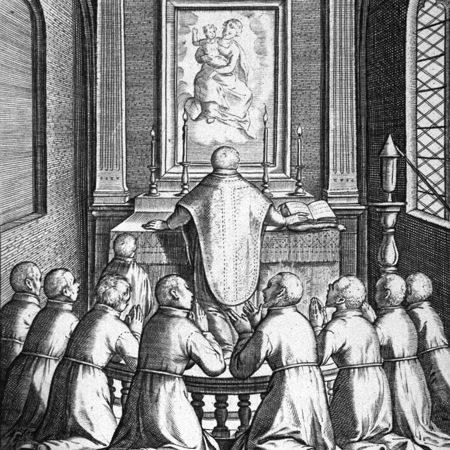
Leadership Vows: An Introduction
In Christian circles, there are a lot of conversations about holding each other accountable. But, as my friend Walter Wright, former Executive Director of the De Pree Center, has said, you can only hold people accountable if they desire it, and if they are willing to articulate that for which they want to be held accountable. Vows are the ultimate biblical means for formalizing that process.
Read Post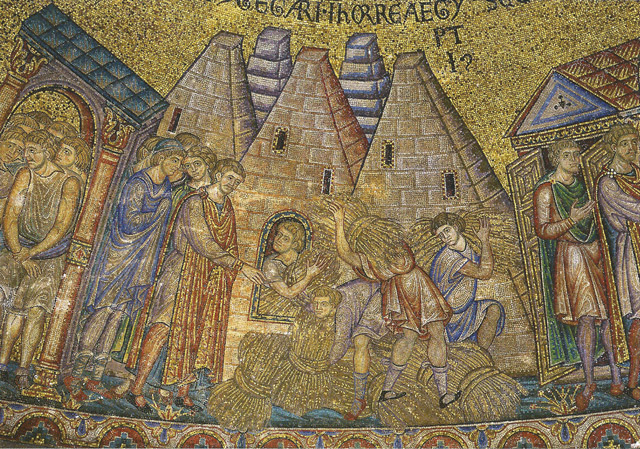
Becoming Lead Servants: Farsightedness
As the story of Joseph remarkably demonstrates, farsightedness is a core gift of leadership. Joseph’s ability to see and understand what others do not opens the doors for his work as lead servant of Egypt. He sees the implications of Pharaoh’s dreams… And he simultaneously sees what should be done… Leadership requires both insight into the fundamental problems facing an organization and insight into the trajectory of their resolution.
Read Post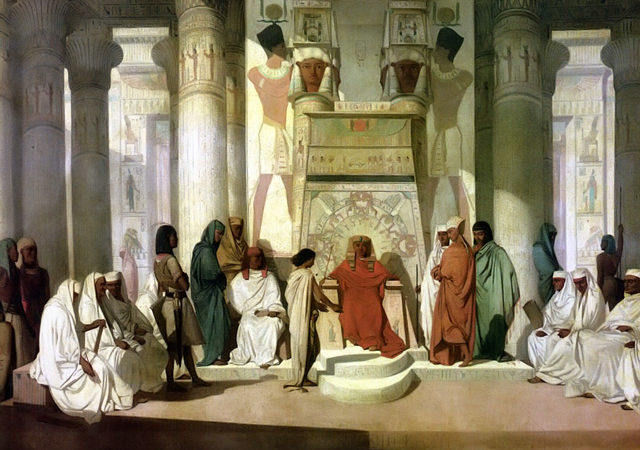
Becoming Lead Servants: Favored to Serve
In an astonishing turnaround, Joseph is transformed from a forgotten prisoner of Egypt to its prime minister. Pretty intoxicating stuff for a young man who just turned thirty. Coming into power, at any age, can be dangerous. As Lord Acton’s famous adage reminds us, “Power tends to corrupt, and absolute power corrupts absolutely.” Yet leadership invariably brings power with it. How do we wield power well? How do we resist the corrosive quality of power in our lives?
Read Post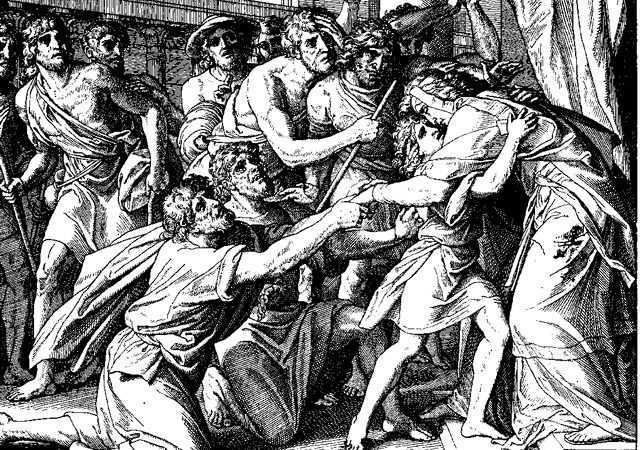
Becoming Lead Servants: Freedom to Serve
What Joseph experiences under compulsion, Jesus chooses freely. And here is the crux of the matter: he invites us as lead servants to make the same choice, for love’s sake. We are called to freely and fully love even our enemies, including those closest to us, at home and at work. I’m sure it wasn’t easy for Joseph to learn (and live!) this insight. I know it isn’t easy for me.
Read Post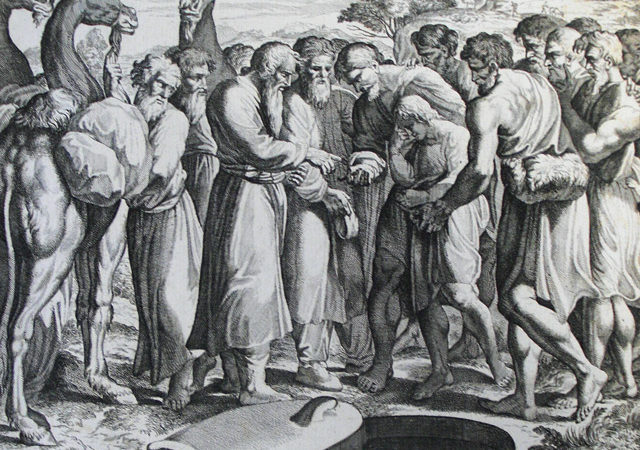
Becoming Lead Servants: In the Land of the Forgotten
Leadership formation, at least in the biblical sense, seems like a long, painful process. We live in an age of abundant, easy-to-consume leadership advice. But, as others have noted, learning about leadership is not the same as becoming a better leader… Rather, the story of Joseph reminds us that the formation of a leader’s character through suffering, often over long periods of time, is critical.
Read Post
Becoming Lead Servants: Facing Futility
I had lunch the other day with a young business colleague. He has a good job for which he expressed gratitude. Nevertheless, he struggles with a lack of intrinsic meaning and purpose in his work. He believes that work should be an expression of God’s calling in his life. Still, he couldn’t reconcile that conviction with his own lack of personal connection to his work. If God has called him to his work, shouldn’t he find meaning and purpose in that work?
Read Post
Becoming Lead Servants: Going First
As Christians, it’s easy to see God’s hand when we flourish in our work. But can we trust that God still calls and sends us into our work when, despite our best efforts, we are “sold out”? Perhaps some of you are facing just such circumstances. Today’s text is both reminder and encouragement that God’s providence is at work in our lives in the most difficult circumstances, and for the most unimaginable results.
Read Post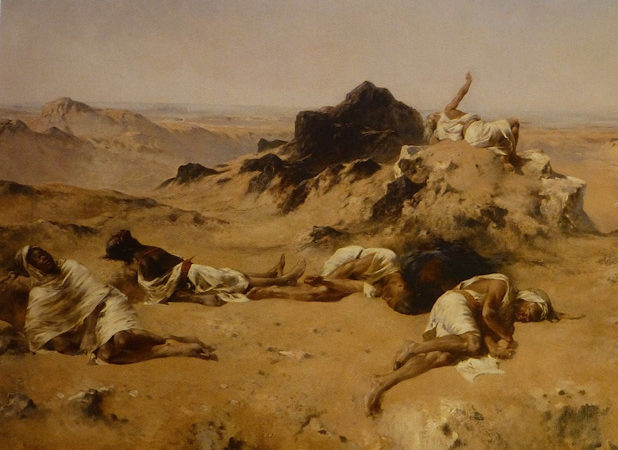
Becoming Lead Servants: Framing the Context
As we begin this journey, the first insight about becoming a lead servant is that our leadership is not, in the first place, about us or even about our role as leaders. Instead, it is about God’s larger purpose and work in the world, and about his formation of us for the sake of the world he loves. We are, after all and first of all, servants.
Read Post
Wishful Thinking or Genuine Hope?
Living in exile is an opportunity for the demonstration of faithfulness. In uncongenial, even hostile, circumstances, we are called to do our work faithfully. Much of what we do may seem insignificant. There may be less recognition that our work is of value, since what is valued has itself changed in the world around us. Still, we can—as an act of faith and faithfulness—sing the LORD’s song in a strange land.
Read Post
Advent: Incarnational Leadership
It takes intentionality and effort to “make our dwelling among” those we lead. Being present with our followers takes time and attention… “Flesh and blood” leadership, the incarnational leadership that Jesus taught and embodied, requires something more. It means finding ways to live among—in other words, to enter the world of—those we lead.
Read Post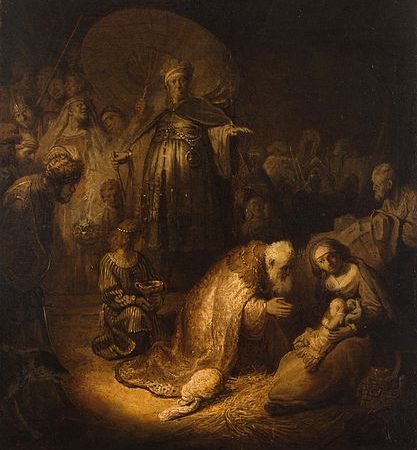
Advent: Drawing Back the Curtain of the Universe
If you are like me, you struggle with living and leading in a public world where meaning and community are often hard to come by. We are surrounded by senseless human evil, natural disasters, physical illness, and institutional dysfunction. Most of our world seems to be in darkness. But as the prophet Isaiah prophesied millennia ago, “The people walking in darkness have seen a great light!”
Read Post